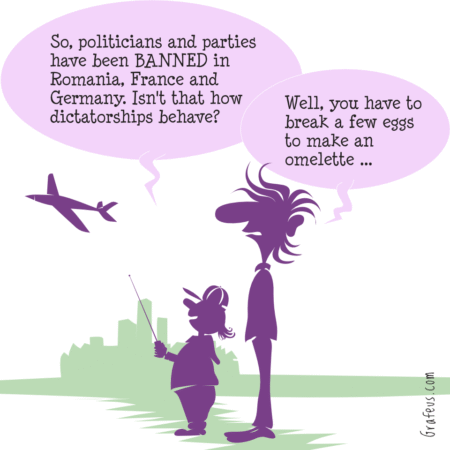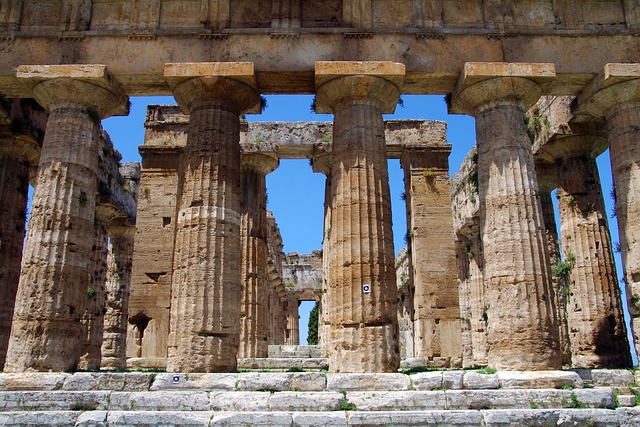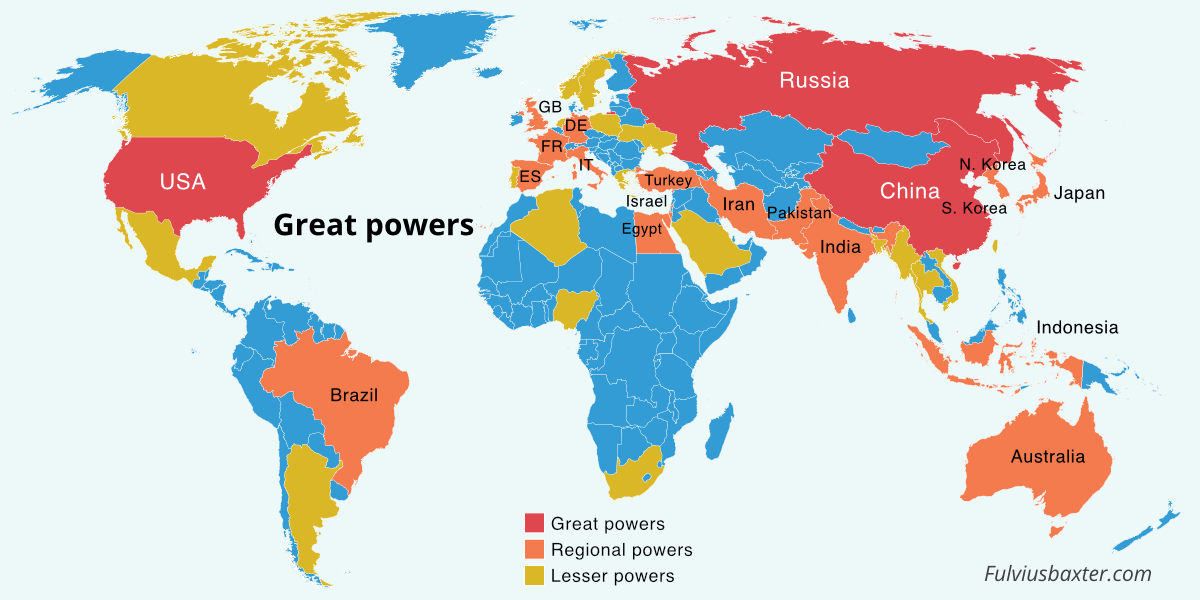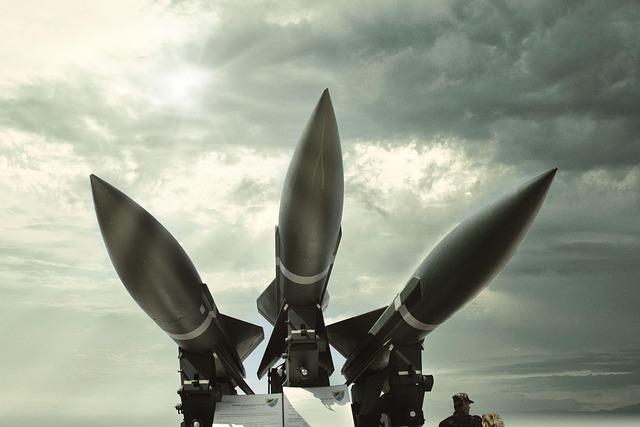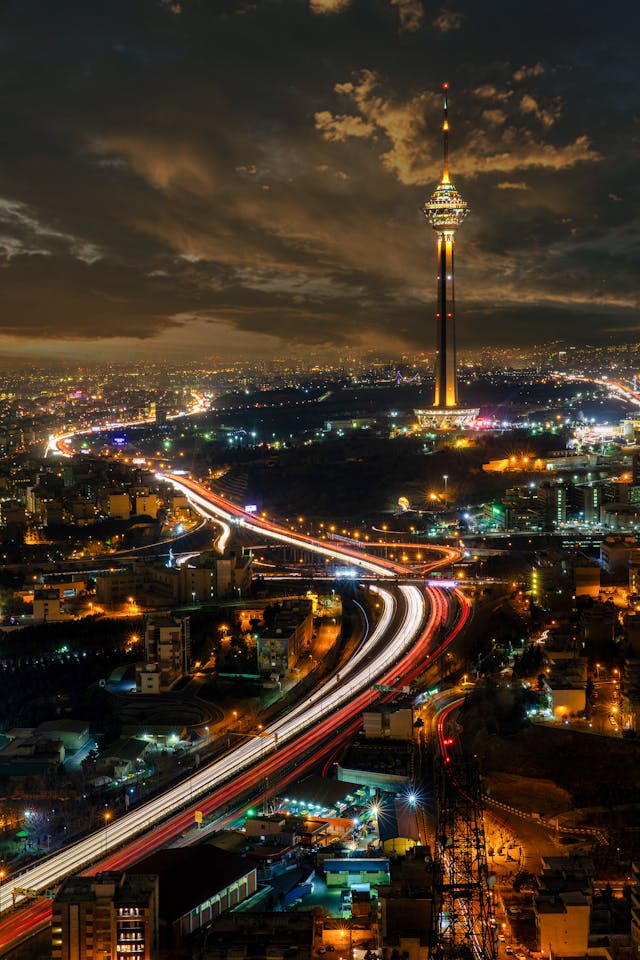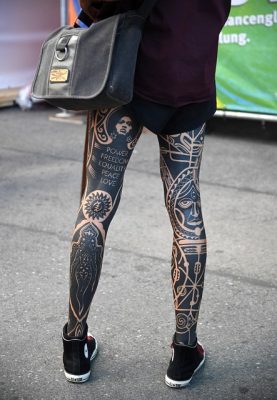 Is it reasonable that everyone should love transsexuals, queers, overweight people, people with full tattoos, etc, etc?
Is it reasonable that everyone should love transsexuals, queers, overweight people, people with full tattoos, etc, etc?
Today we see more and more strange groups demanding acceptance and equality. They want to be recognised and maybe even liked by you. They want to worm their way into your consciousness. It’s not about equality in general anymore, we probably achieved that 30-40 years ago. No, now the extremist groups want your personal approval. They demand it.
Why do they want acceptance at all? Why do they have their parades and public activities?
There are, of course, several answers to this question. Some say that the concept of equality has been stretched beyond its limits and has degenerated. This is not how it was originally conceived; you cannot force some groups to like or accept others. Although it is perfectly fine for these groups to be equal before the law and the institutions of society.
Another answer is that there is a lot of money flowing into the rebellious factions, from companies that want to appear committed and righteous. And those groups who have a lot of money are more visible in the media, they can create big events and involve more people. My personal view is that a lot of activism today is not grassroots. It’s more about big corporations and fund managers finding groups they sympathise with and then donating large sums of money to carry out specific actions.
We see that organisations like BLM have received donations from many large companies, but also associations like Restore Wetlands have received money from general organisations, which also help with ideas for activities and actions. Much of the activism we see today – throwing paint on artwork, sticking to roads, etc. – is not spontaneous at all, but top-down and planned by others.
It exploits universal Western ideas of justice, equality and respect for nature. Most people are expected to agree, even if the actions are a bit crazy, the spirit is right, that’s how we should think.
But it’s really just theatre. Big business sponsors the actions, but continues to produce plastic packaging and emit environmental toxins. Partly it’s about dressing up their brand in a fairer and greener guise, and partly it’s because the theatre actually distracts us from real engagement with more important issues.
But it’s not just activists who are sponsored by big business. Our politicians and lawmakers are also receiving payments, grants and envelopes. We have noticed that they no longer serving the people. And after a few terms in office, they leave politics and become consultants or lecturers; the rewards come afterwards, so as not to be perceived as bribes.
This cooperation between politicians, organisations and companies deepened after the EU membership. The European Union is modelled on the United States, which has an even longer tradition of bribery.
The system is usually called plutocracy. The left calls it pure capitalism, which is not really true because we do not have a real free market, we have a kind of monopoly where politicians and big business agree in advance. Cronyism is another word for this system, or corporatism.
Those who are part of the system also do not hesitate to manipulate political elections in their favour. They also interfere in the internal affairs of other nations, often through organisations (NGOs) that are themselves sponsored by the players.
We are only human; and the civil servant who is offered millions to change a few paragraphs might find it acceptable? Maybe the paragraph wasn’t that important? And a civil servant’s salary is never enough.
Politics is ugly, deceitful and full of bribes. Or is it just conspiracies?
People are loyal, honest and never accept fat envelopes? What is the most reasonable?

